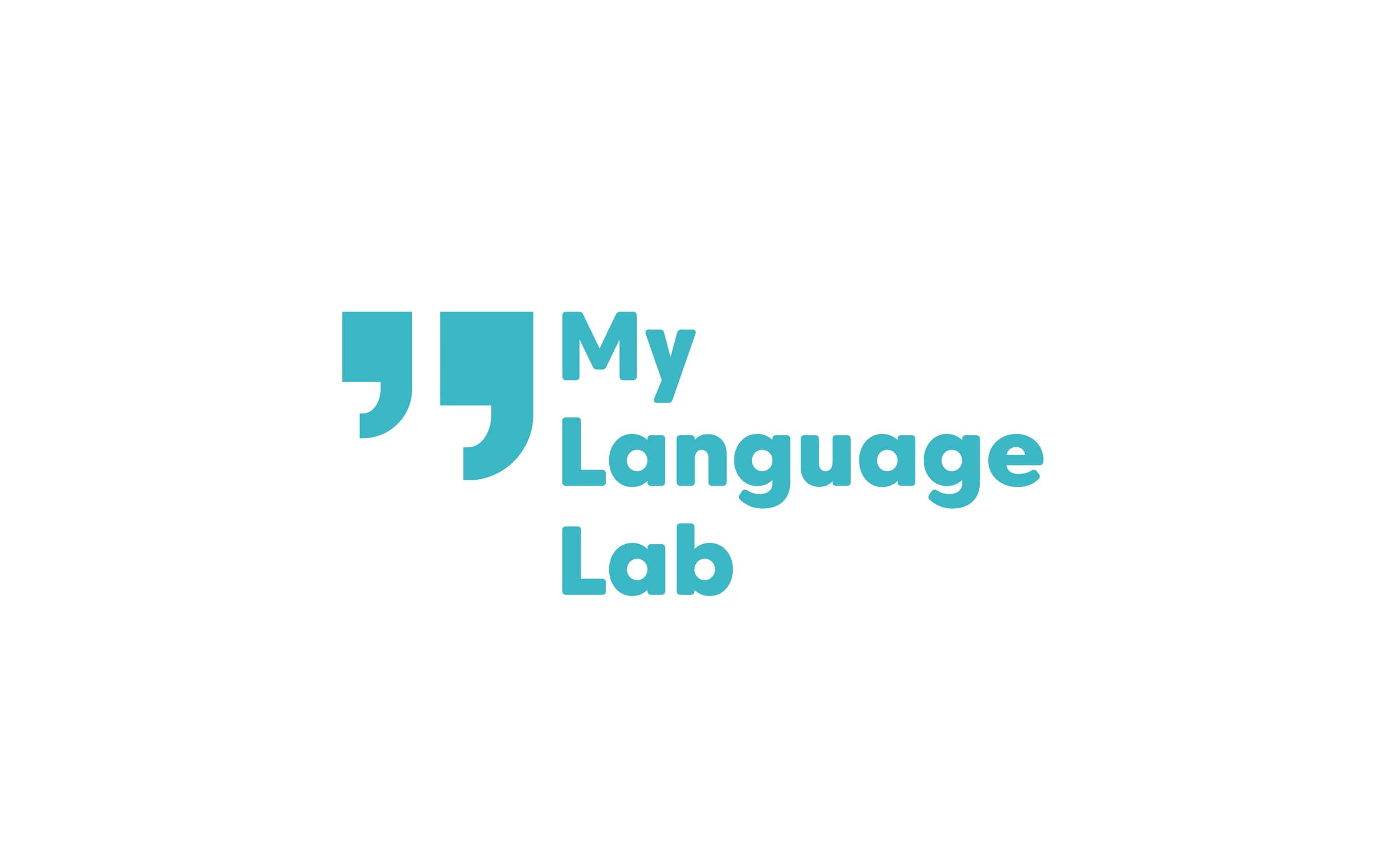8 Reasons to Choose a Language at GCSE and A level

It’s never been a better time to study languages with hi-tech teaching to boost grades and employers saying language qualifications give candidates the edge. One leading language expert shares 8 reasons why opting for a language at GCSE and A level is the smart choice
Language learning in schools, colleges and universities has hit the headlines for the wrong reasons of late. A recent report by the British Council flagged “serious disruption” to language teaching during the Covid school closures, and it’s already been announced that oral exams will be dropped from GCSE and A level assessments in 2022.
But as schools and pupils adapt to a greater emphasis on hybrid learning, it’s actually never been a better time to study languages. We’re seeing a growing take-up of languages and this summer saw record numbers of pupils gain a Spanish A level for the second year in a row. The government is getting behind the trend and wants 75% of pupils to take a modern language GCSE by 2022 and 90% by 2025.
Languages are set to get a long overdue boost and the way pupils learn, engage and adopt languages is accelerating at pace. Schools are adapting to educating a tech-led generation of pupils who have grown up with Google Translate. AI-first technologies, VR learning, Learning Management Systems and real-time progress tracking are just some of the EdTech developments that are resulting in soaring confidence and grades in language labs across the UK.
Employers are also increasingly seeking out candidates with language qualifications, and the rapidly changing global job market means language-related jobs are booming. Throughout my time studying languages in school, Sixth Form and university, the career paths open to me were in teaching, tourism and hospitality. I breezed into a finance job in the City as I spoke five languages but actually knew nothing about finance!
The same applies today – languages give you the edge and help you stand out from the crowd, especially with grade inflation making it harder for employers to distinguish between candidates with high grades across the board.
Languages play a vital part in our personal, academic and future career development. So if you are choosing options for GCSE and A level this year, here’s eight reasons why you should 100% considering choosing a language.

8 Reasons To Study a Language at GCSE or A level
Reason 1: The global tech industry is booming
‘I want a job in tech but employers want me to speak a second language.’ This is something we hear often among students at My Language Lab. It might seem counter-intuitive but there’s a huge demand for linguists in tech. Billion-dollar companies Duolingo and Quizlet are just a handful of giants that recruit translators, proof-readers and content creators with more competitors joining the scene.
A recent report by employment website Indeed positioned Mandarin at number five in a list of the top ten emerging skills searched for in the tech industry. You’d expect a range of programming languages to be there but China’s predominant language ranks highly. This goes to show the impact the world’s second largest economy is having on the tech industry.
Reason 2: The TV translator is ‘on demand’
Covid-19 made 2020 the year of streaming and there’s been a huge spike in the need for translation work such as subtitling and dubbing.
German and French were the most in-demand languages for tech jobs in Ireland. Professor Andy Way of Dublin City University School of Computing says: “Many tech jobs see a second language as a desirable skill, putting you ahead of some of the competition. In my field, engineers need the insights from translators to improve their technology in the future. Our systems are trained on data produced by human translators so, without them, we couldn’t even begin to do what we do.”
Reason 3: Languages give you the edge
“Language skills are very sought after by employers,” says economist Pawel Adrjan. GCSE or A Level qualifications in languages open doors for traditional careers but also in digital marketing, social media and sales.
Reason 4: Languages open up the world
Learning any language can make us more successful working abroad and builds resilience and agility. It provides ‘cultural capital’.
Heather Morgan, international economist and serial entrepreneur, describes languages in tech companies: “It's also really helpful if you're thinking about changing careers or want to go to a company that's in a new space, which many tech start-ups are.”
We’re living in the age of the soft skills, so being good listeners and communicators will not only boost your grades but also give you the edge in side hustles, networking and future life.
Reason 5: Employers know language students are quick learners
Languages give you the edge because they’re academically rigorous and challenging to learn and therefore not mastered by many. In applying ourselves to a second language, we improve our aptitude for study itself, especially our listening and communication abilities.
When you learn one language, your brain is hardwired to those specific skill sets and so the next language will actually become that much easier to absorb - your grey matter is actually just built to learn yet another new language.
Reason 6: Languages are a commodity
It’s easy to fall back on outdated excuses like “English is the world language” to get ourselves out of trialling our own abilities. It was recently announced that French will replace English as the official working language of the EU. In this increasingly globalised world, languages have become like currency or stock - the more you speak, the higher your value rises.
Reason 7: Language qualifications give you lifelong options
Every Modern Foreign Language teacher will tell you that language qualifications give you the option to teach. It’s worth remembering that in the UK there’s still a shortage of MFL teachers, making it a buyer’s market and providing a lot more freedom for where you want to settle as well.
Reason 8: Languages boost confidence
Speaking a second language teaches you communication, presentation and soft skills that help you to connect to your audience more. All these transferable skills will give your overall confidence levels a boost, regardless of the scenario. I’ve trained students for university interviews, internships, work placements and job interviews and we’ve harnessed these skills to give them a head start and help them stand out from the crowd.
Excellent GCSE and A level Language Resources – Recommended by School Guide
Our language expert is Drew Rogers, Director of My Language Lab, an innovative online language platform and tutoring agency. In 2021, 94% of their learners achieved 9-7 GCSE grades and 100% A level students got A grades.
My Language Lab offers free expert Guides and Resources for language pupils.
Our top picks include:
How to Transition to from Spanish or French GCSE to A level
(Free Video Tutorial)
How to Transition from Year 9 to Year 10 language GCSE
(Free PDF)






